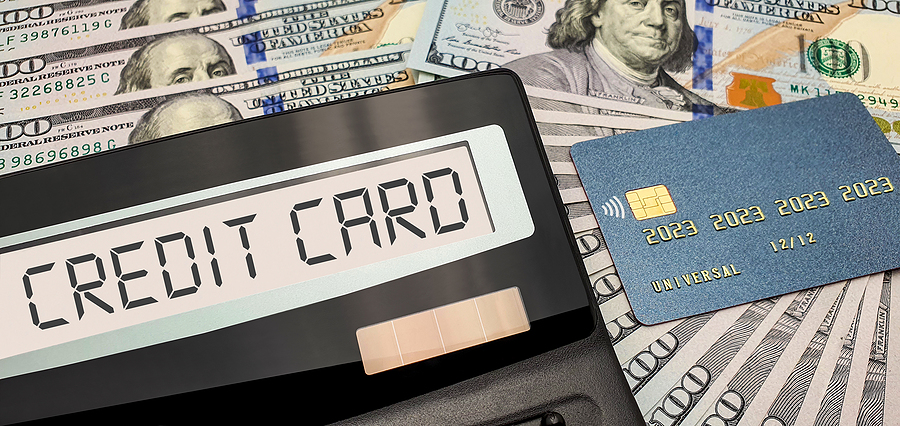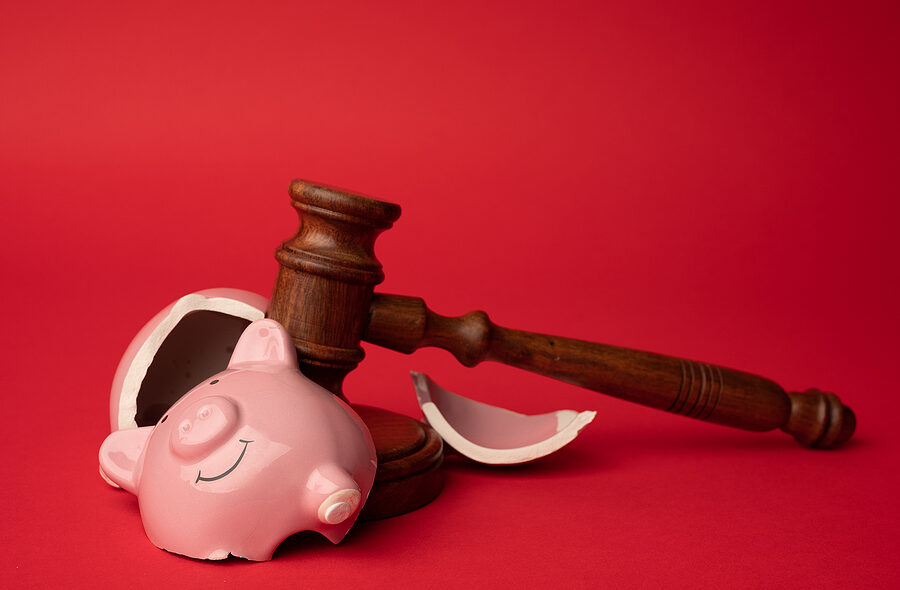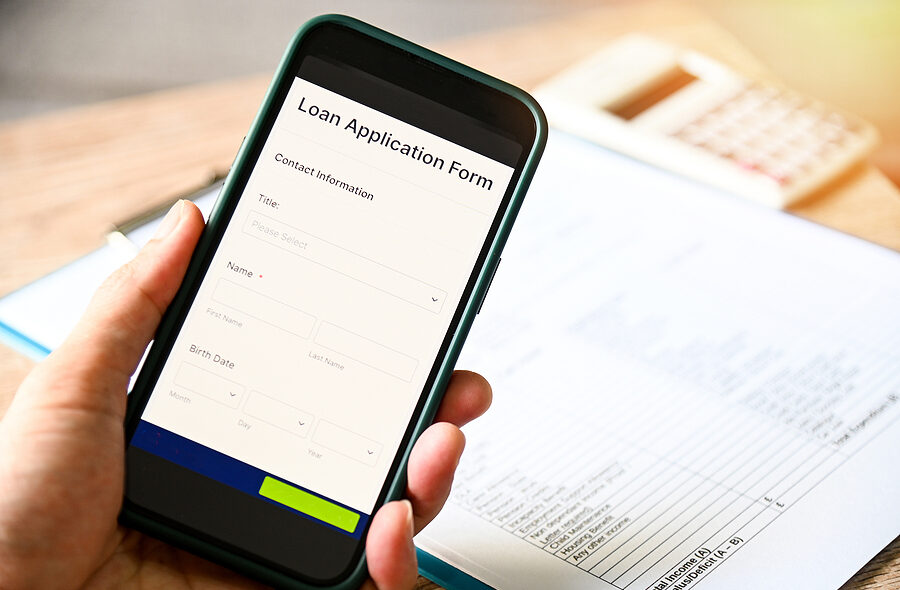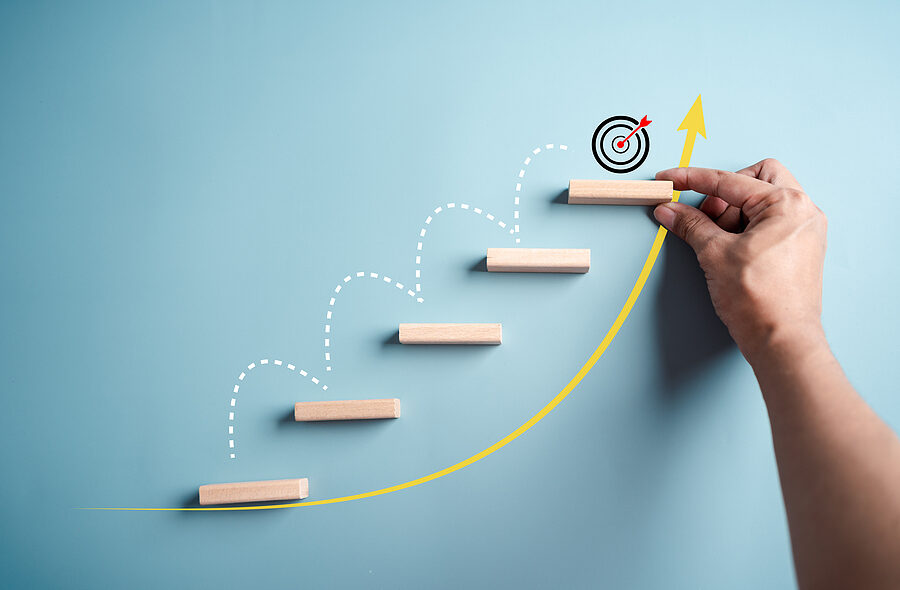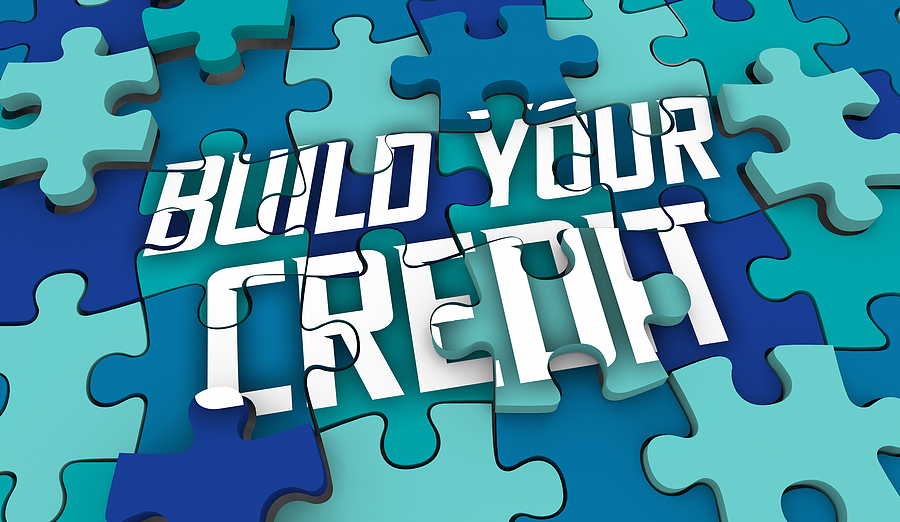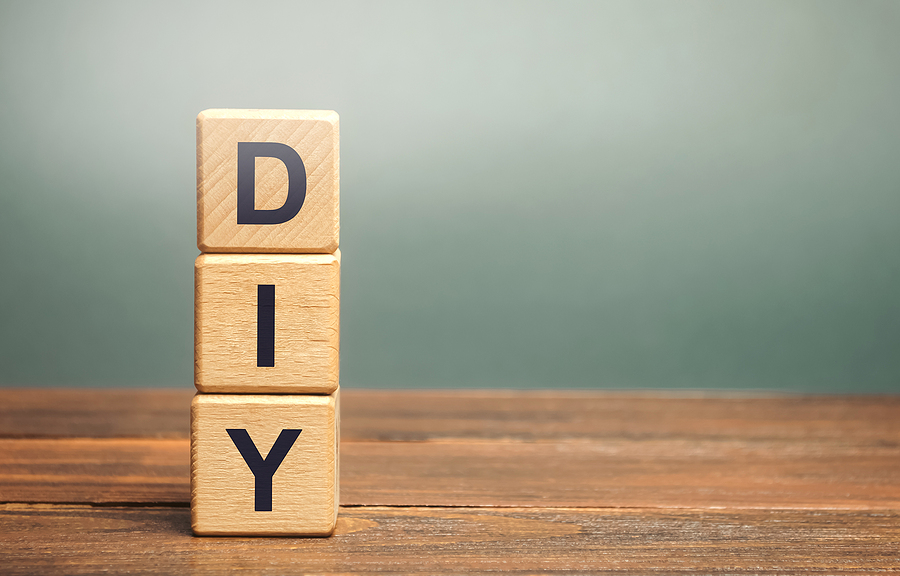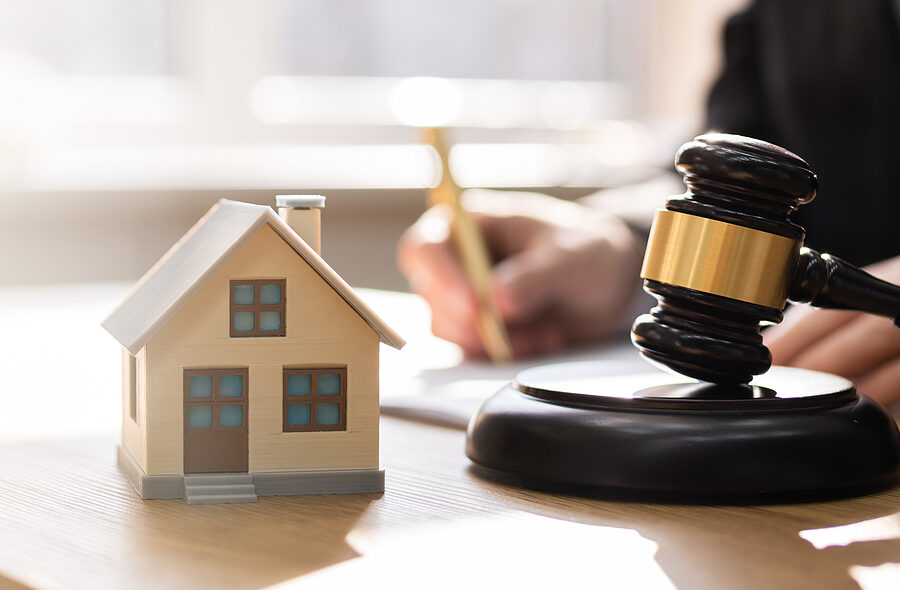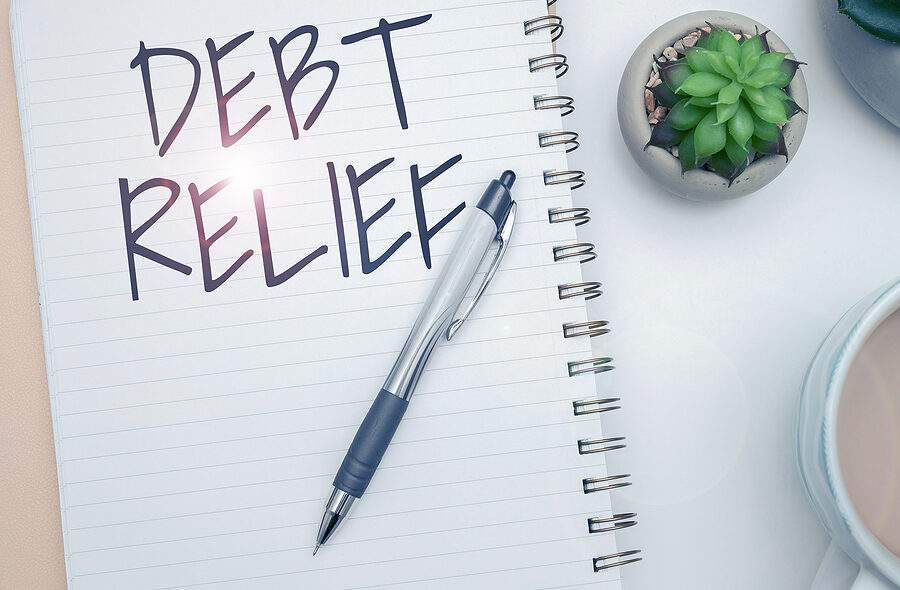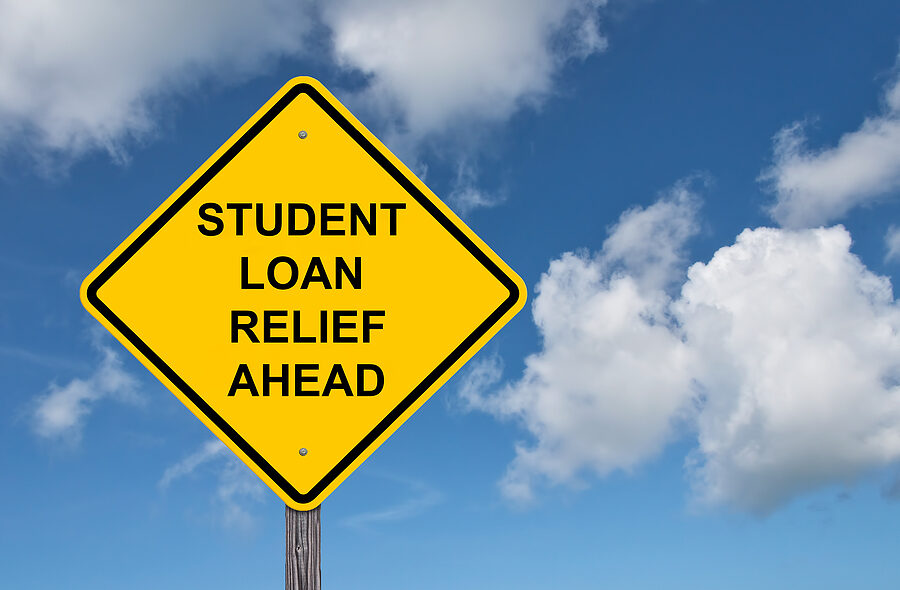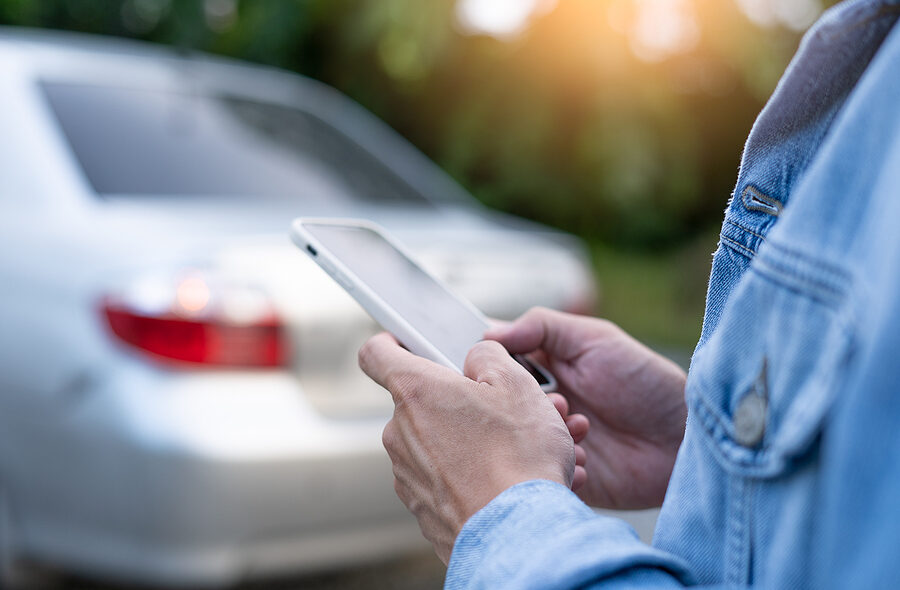Credit cards are among the most expensive ways to borrow- especially these days. The Federal Reserve’s war on inflation, marked by interest rate hikes, has lifted credit card rates to record highs. According to a recent NerdWallet American Household Credit Card Debt Study, the average amount of revolving credit card debt owed per American household is $7,486. Getting out of this debt can be difficult, but it is not impossible with proper planning. The following strategies are proven to be successful when getting out of credit card debt.
Determine a Payment Strategy
The first step to paying down credit card debt is to determine what type of payment strategy would work best for the consumer. Paying more than the minimum monthly payment posted is always the best place to start since the monthly minimum payment is normally only two percent of the balance and pays more for interest accrued every month than the principal owed.

